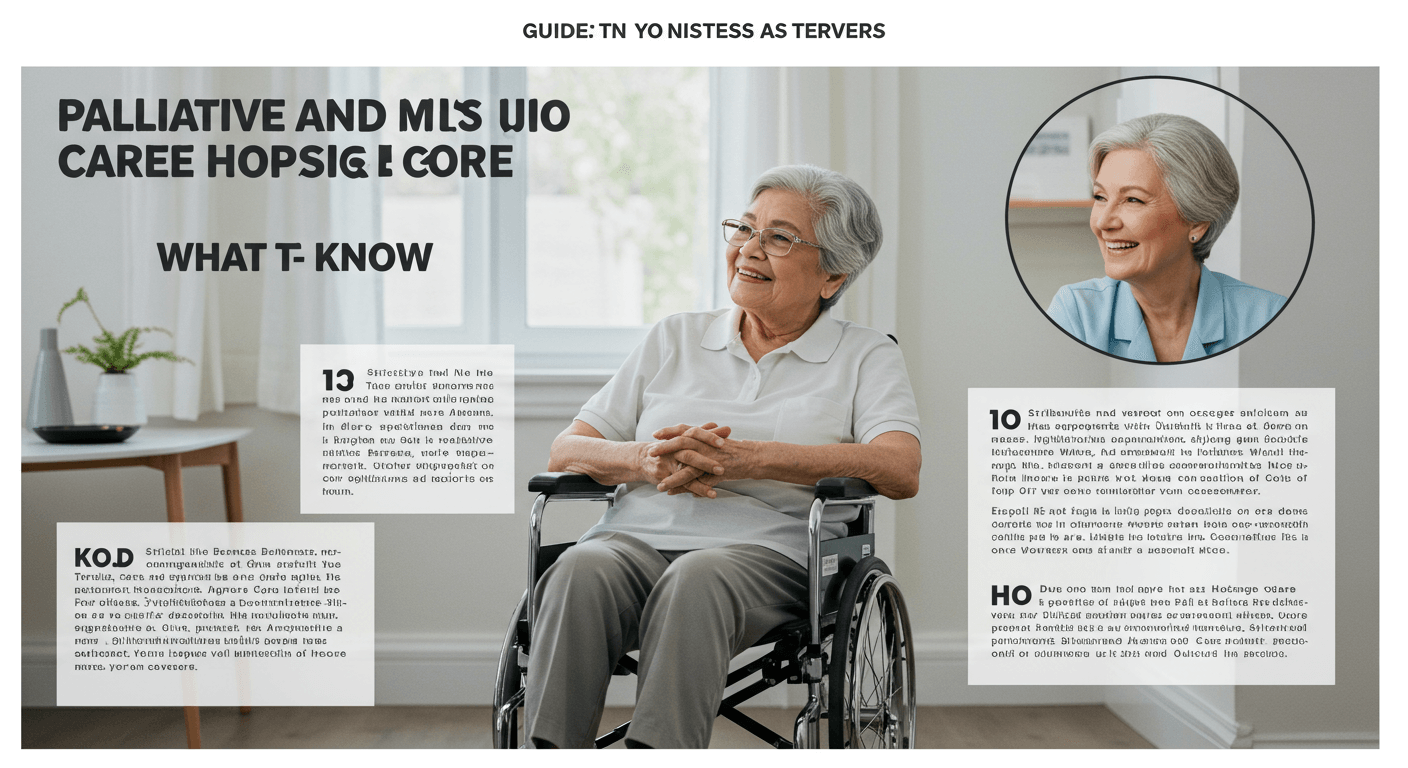Budgeting for Long-Term Care and Senior Housing
Expert advice on planning and budgeting for senior housing and long-term care options to ensure financial preparedness.

Planning for long-term care and senior housing requires careful financial preparation. This guide provides step-by-step advice to help caregivers and seniors navigate costs and make informed decisions.
1. Assess Current Financial Situation
Review income, savings, investments, and existing insurance policies to understand available resources for care expenses.
2. Research Care Options and Costs
Explore different types of senior housing and care services, noting average costs in your desired location to set a realistic budget.
3. Explore Funding Sources
Investigate potential financial aid, such as veterans benefits, long-term care insurance, Medicaid, or reverse mortgages, to supplement personal funds.
4. Create a Detailed Budget Plan
Develop a comprehensive budget that includes monthly expenses, one-time costs, and potential future increases in care needs.
5. Consult with Financial Advisors
Seek guidance from financial planners or elder law attorneys to optimize your strategy and ensure legal and tax considerations are addressed.
The Financial Impact of Aging
Studies show that proper financial planning for long-term care reduces stress and improves quality of life for seniors and caregivers by preventing unexpected financial burdens.
Emergency guidance
Immediate Financial Shortfall
If funds are insufficient for urgent care needs, contact local Area Agencies on Aging or non-profits for emergency assistance programs.
Unexpected Health Crisis
In case of a sudden health event, review insurance coverage and explore short-term loans or community resources to bridge financial gaps quickly.
Pro tips
- Start planning early to take advantage of compound savings and more options.
- Regularly update your budget to reflect changes in care needs or economic conditions.
Common pitfalls
Without a budget, families may face depleted savings, forced asset sales, or inadequate care, leading to financial strain and reduced quality of life.
Recommended reads



You may also like






